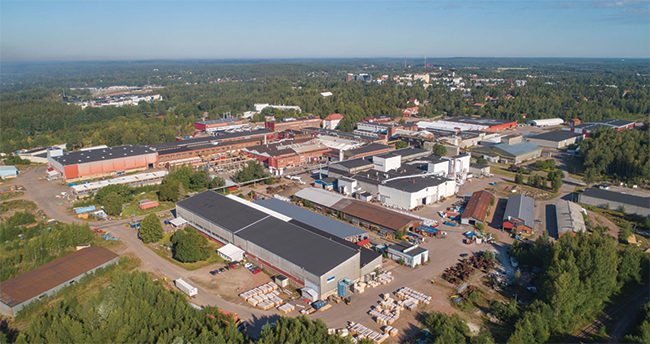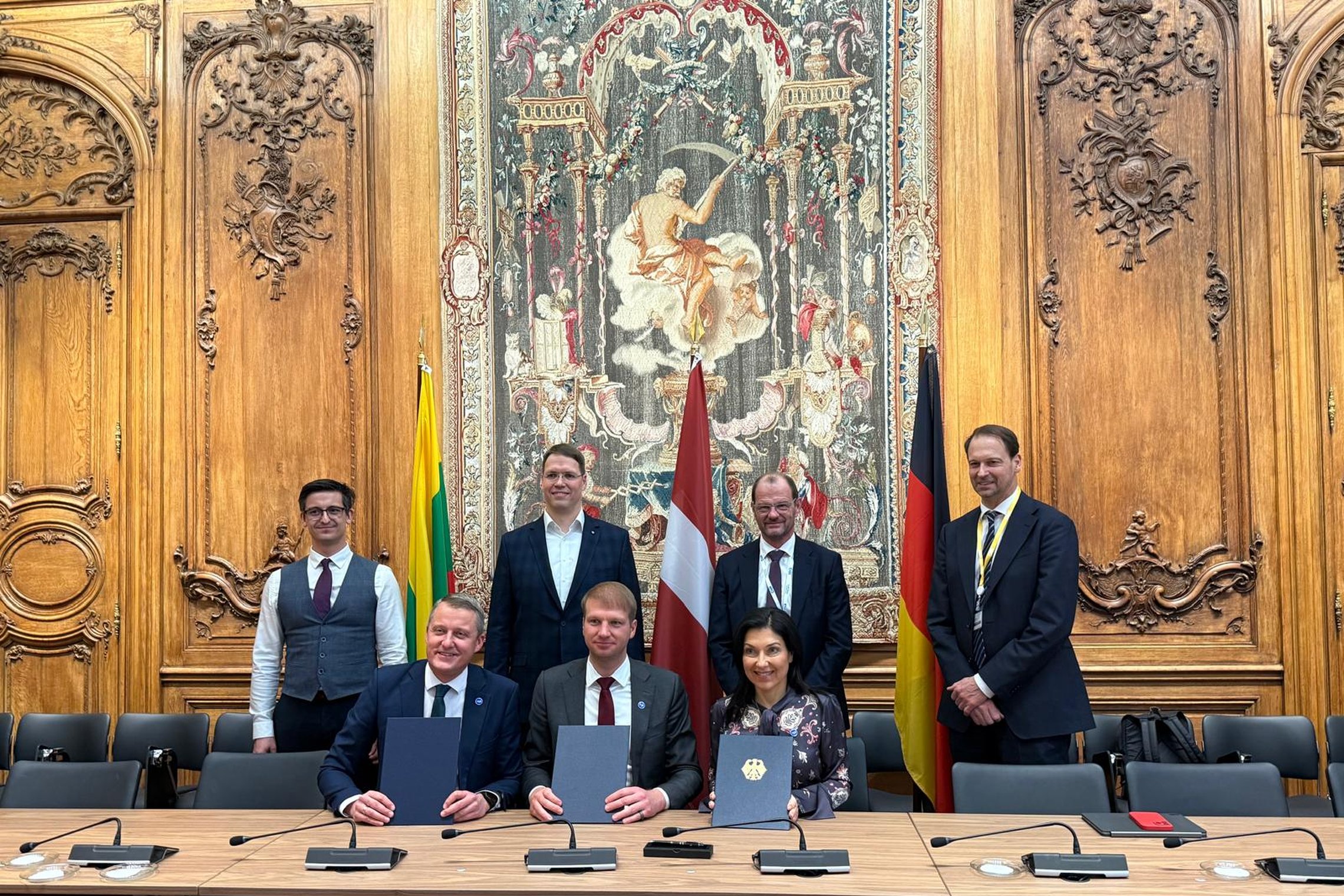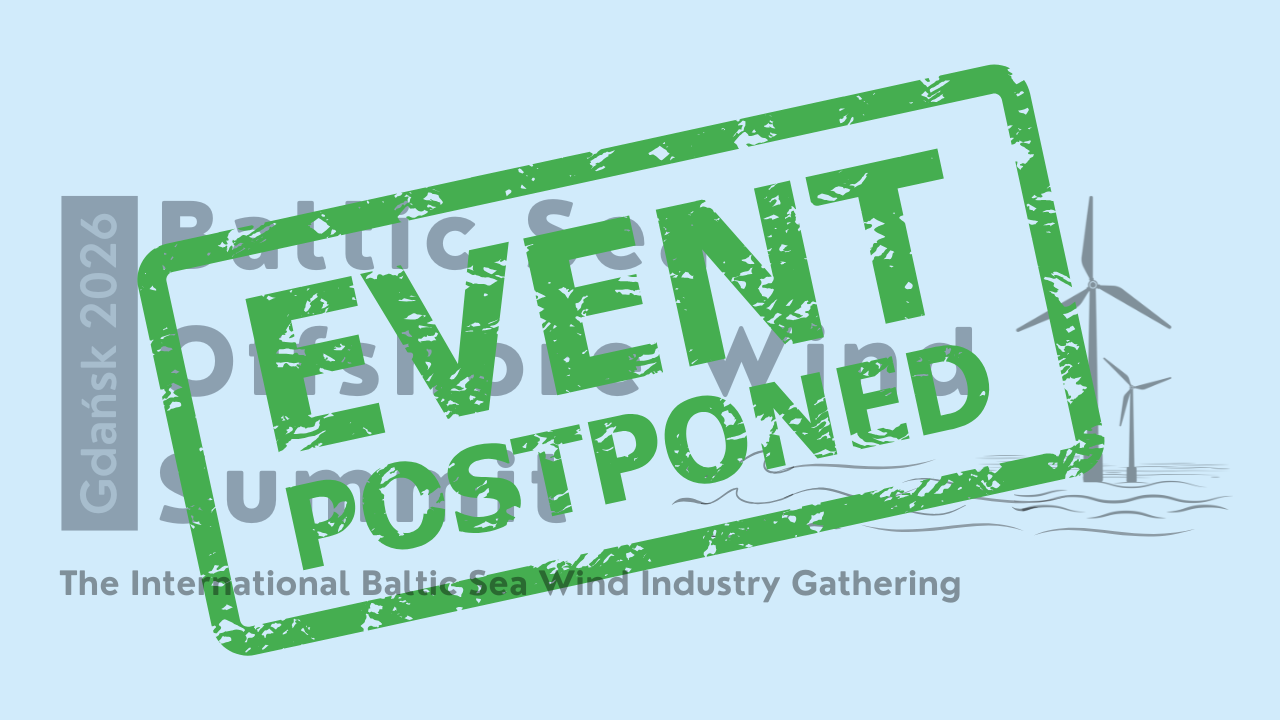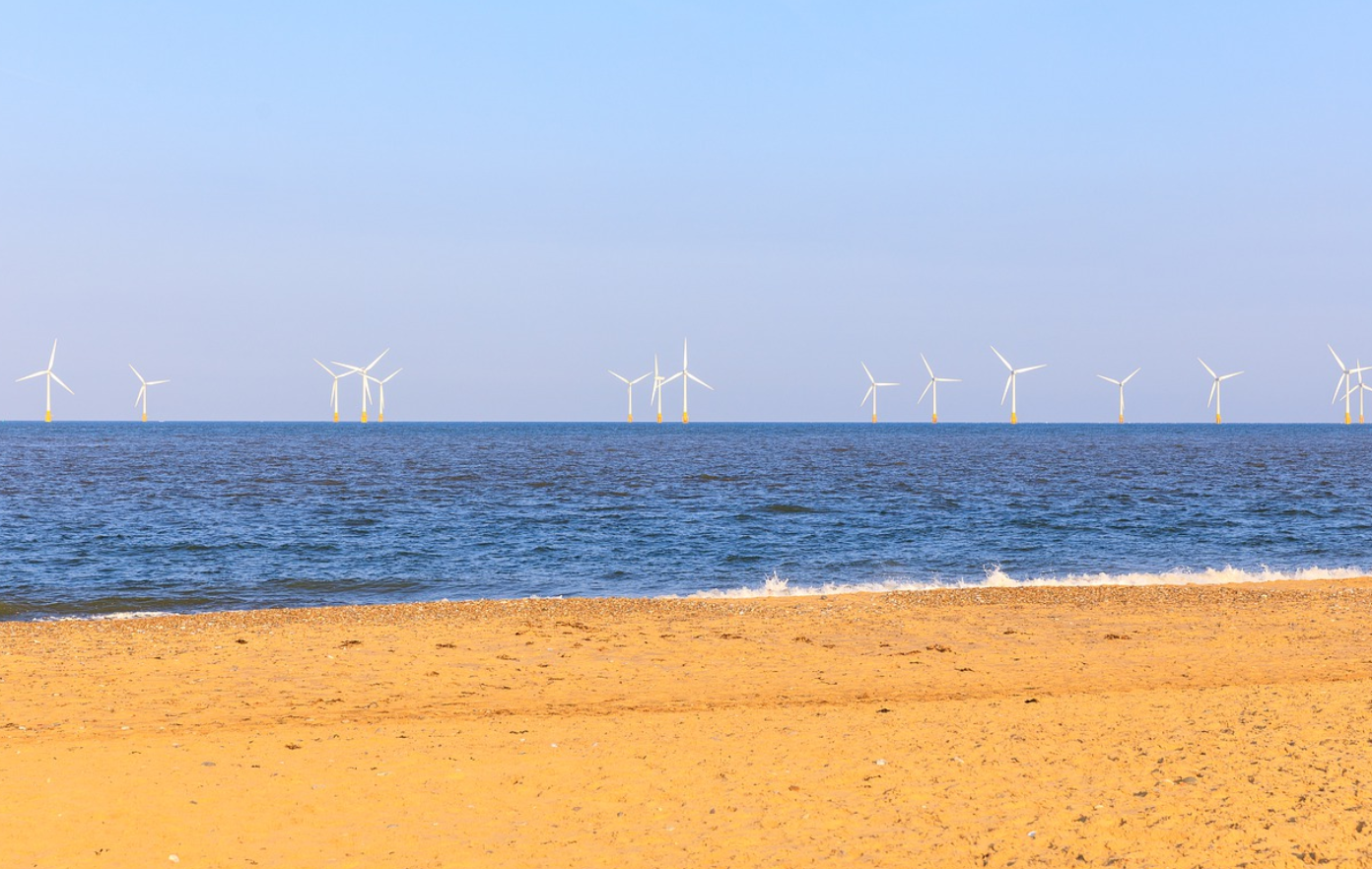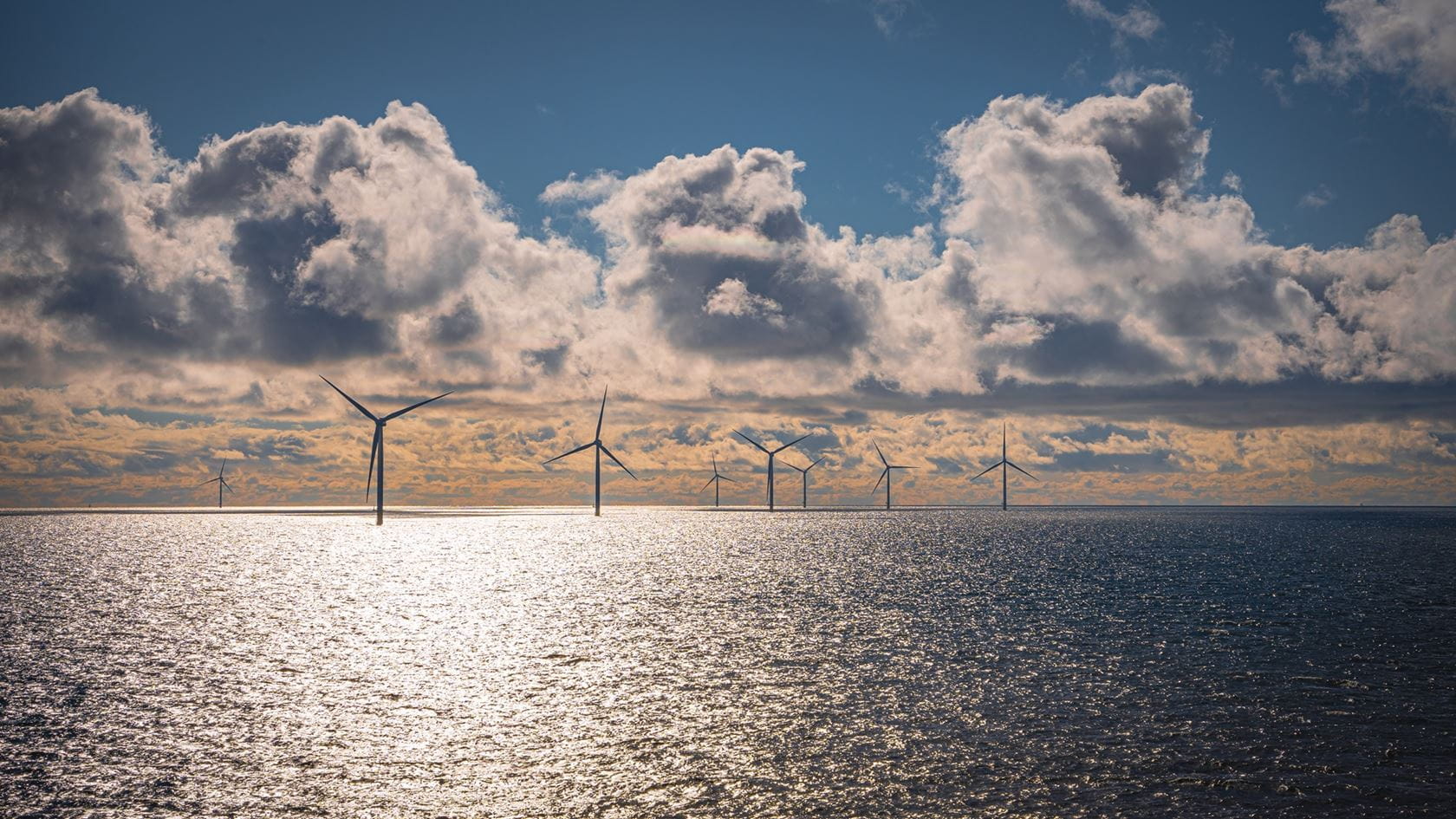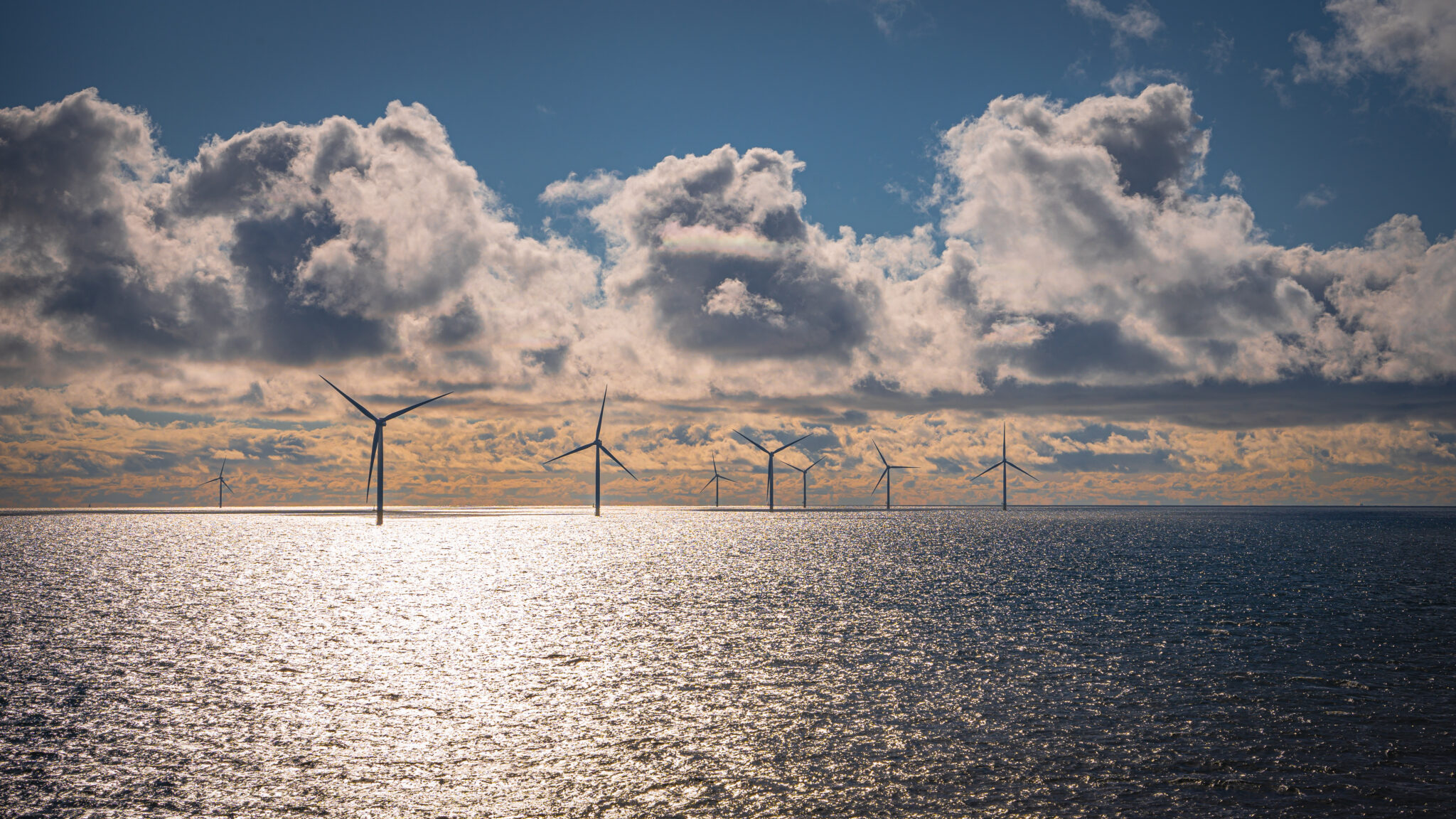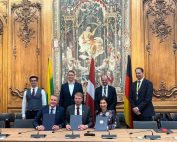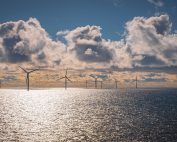A Finland-based energy group has installed a pilot project at an industrial park in the country, touting it as a first-of-its-kind system supported by the use of artificial intelligence (AI). Exaum, founded in 2021 as an energy company committed to working for greater deployment of renewable energy, in late November announced the 1-MW project is the company’s latest step as it scales its heat generation-based power demand response technology. The pilot, underway at the Karhula Industrial Park (Figure 1), located about 80 miles east of Helsinki, is designed to help Finland’s transition to renewable energy by providing what the company calls near-instantaneous grid balancing as more wind, solar, and other intermittent power sources are added to the electricity transmission system.
“The shift to using more renewable sources of energy in Finland and around the world will also require a shift in the way we supply and balance power in the grid,” said Henri Yoki, founder and CEO of Exaum. “Unlike with the use of fossil fuels, when we have a completely green energy supply, the generation needs to be built to always exceed the demand. Thus, when the wind doesn’t blow that much, there still is enough generation to match the demand. This naturally means that when there is a heavy wind and the generation is at its maximum, there needs to be matching additional consumption. Essentially, in the green energy transition, consumption is great, but it needs to appear when the grid needs it. We actually need to find new ways to sustainably consume energy to maintain balance.”
Exaum’s innovation balances the production and consumption of electricity along the power grid, an issue for generators and customers as more intermittent renewable energy is deployed. The technology allows the transmission system operator to adjust and control electricity consumption in the grid, while ensuring that sudden changes in production do not cause blackouts or grid imbalance. It can direct and channel excess power production to areas where it’s needed, such as industrial heating—an area of need in Finland.
The International Energy Agency (IEA) in its 2023 overview of Finland’s generation mix wrote, “Thanks to its nuclear reactors and large domestic production of renewable energy [mainly forestry solid biomass as well as generation from hydro and wind], Finland has one of the lowest levels of reliance on fossil fuels among IEA member countries.” The agency noted that Finland “has no domestic fossil fuel production and all supplies of crude oil, natural gas, and coal are imported. The energy intensity of the economy and energy consumption per capita are both very high due to the country’s relatively large heavy industry sector and the high heating demand from its cold climate.”
Yoki noted the industry sector’s need for electricity made the Karhula park a natural fit as the site of the pilot project.
“It was a mutually beneficial arrangement,” said Yoki, who told POWER the industrial complex “could get lots of inexpensive heating, and Exaum got an industrial environment where we could experiment on the details of the technical build of the assets.”
Yoki said the project’s construction costs have been part of Exaum’s €1 million investment in research and development in the AI-guided, 1-MW-plus industrial class.
“The project has enabled the industrial park to benefit from inexpensive heating with the cost of zero to one-third of what they typically pay for heating, since the heat is a side-product of delivering the grid-balancing capacity to the transmission system operator.”
Source: Exaum; Powermag.com
